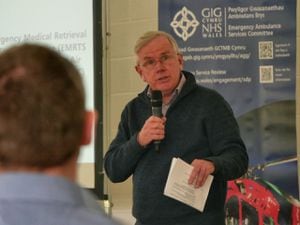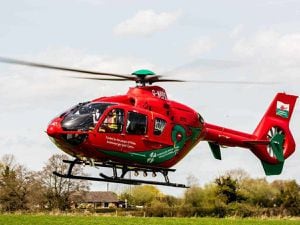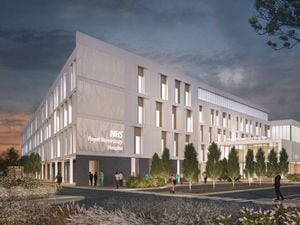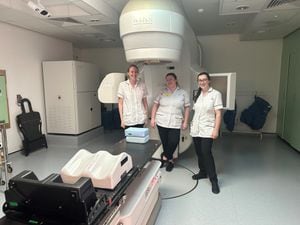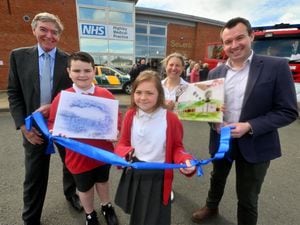Oswestry hospital helped with NHS research about routine operations
The trust running Oswestry's orthopaedic hospital has welcomed a new report which says NHS hospitals could carry out more than 291,000 extra routine operations a year by improving how they schedule their surgical lists.
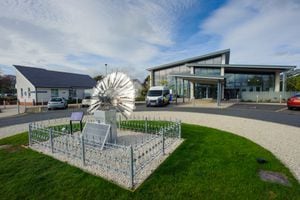
The NHS already performs around five million non-urgent operations a year, with the number increasing over recent years from 3.7 million in 2003/4.
In a new report, published by NHS Improvement and developed with the Royal College of Surgeons, the improvement body has found that up to 291,327 more operations could be carried out if NHS trusts considered a raft of new measures.
NHS Improvement is encouraging hospitals to consider rolling out a model called ‘6-4-2’ where clinically appropriate, which is already being used successfully in some NHS trusts in England.
This sees surgical staff agree their annual leave six weeks in advance, agree their surgical lists four weeks in advance, and double check their plans two weeks ahead.
This planning gives patients and their loved one’s certainty over when they will receive their operations and it reduces the risk of cancellations and late starts as equipment, beds and staff are booked in good time.
Robert Jones and Agnes Hunt Orthopaedic Hospital (RJAH), near Oswestry, was involved in the research for the report and bosses say the trust has worked to improve productivity in its theatres.
Nia Jones, director of operations at RJAH, said: “We agree with the findings of this report, and have been working hard over the last couple of years to improve productivity in our own theatres here at RJAH.
“We have been working alongside NHS Improvement as one of 100 trusts participating in the research that has contributed towards this report, and we welcome it.
“As a board, we take theatre productivity seriously, and it is monitored monthly through our performance reports, and our performance is good.
"We continue to look at ways we can innovate to keep improving.”
Professor Tim Briggs, the national director of clinical improvement for the NHS and a council member of the Royal College of Surgeons, said it was thanks to the hard work of surgical staff that the NHS is ensuring that more patients than ever get the care they need.
He added: "While waiting times for surgery are lower than they have been historically, more can be done, so it is important that we work with clinical teams to identify further solutions and share best practice.
“It is encouraging that pockets of innovation, like the 6-4-2 model exist already across the NHS and are benefiting both patients and surgical teams.
"As the long-term plan states, we need to ramp up these efforts where clinically appropriate so that they become the norm and so that we can address the variation that exists.”
As well as looking at how operating lists are planned, the report makes recommendations around how the NHS can respond to the increased demand for its services and free up even more beds.
NHS Improvement highlights that thanks to advantages in technology, 70 per cent of planned procedures are now undertaken as day cases, in comparison to 35 per cent in 2013.
This means patients do not need to stay in hospital overnight and that beds are saved for those who need them most.

